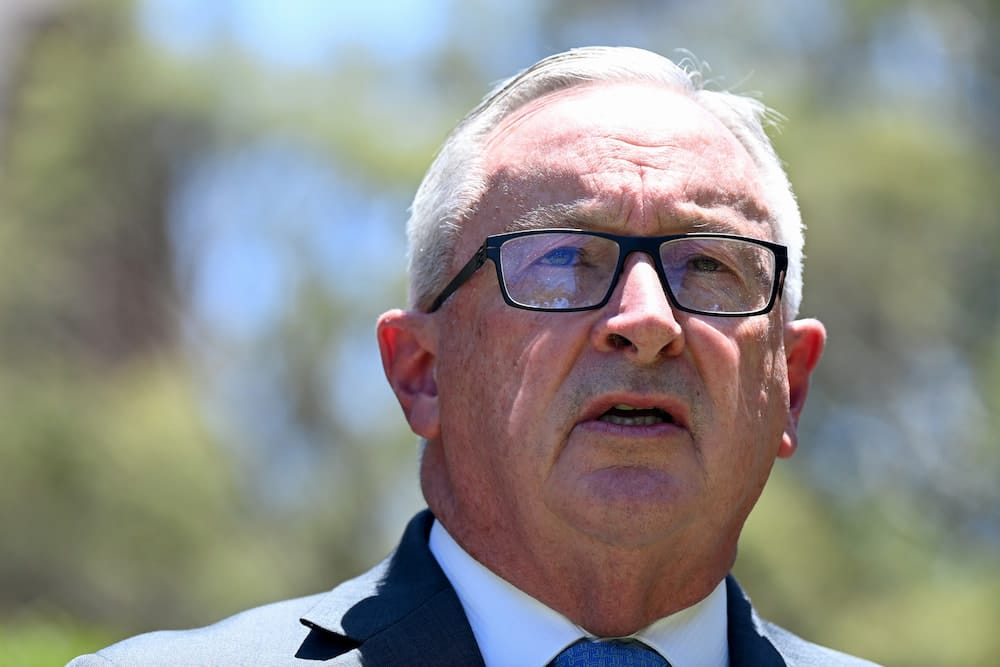NSW has recorded 1742 cases of COVID-19 and no deaths, as cases continue to escalate amid predictions the tally could soar to 25,000 infections a day next month.
That’s a jump of 382 from the previous day’s tally and NSW Health believes the Omicron variant is behind the surge of infections, with Newcastle and Sydney recording the most cases.
The new cases were diagnosed from 143,938 tests in the 24 hours until 8pm on Wednesday
There are 192 people with COVID in hospital, 26 of them in ICU.
The double-dose vaccination rate of those 16 and older is 93.3 per cent, while 94.8 per cent of people have had their first jab.
Some 81.4 per cent of children aged 12-15 have had one dose of a COVID-19 vaccine, while 77.8 per cent are fully jabbed.
Premier Dominic Perrottet is urging people to shift the focus from infections to the number of people in hospital.
While hospitalisations generally lag infection spikes, Mr Perrottet has “complete confidence” the hospital system will cope.
NSW Health on Wednesday night issued an alert for a new venue of concern in Newcastle – the Cambridge Hotel on Hunter Street.
Anyone who attended the hotel between 6.30pm on Friday and 2.30am on Saturday is considered a close contact of a positive COVID-19 case who was there and should get tested and isolate for seven days.
All household contacts of close contacts should also be tested and self-isolate until a negative result is received.
“It is likely some of these cases have the Omicron variant of concern,” NSW Health said.
Health Minister Brad Hazzard warned on Wednesday that COVID-19 cases would continue to rise, with modelling showing they could hit 25,000 a day by the end of January if the reproduction rate climbs.
Researchers from UNSW’s Kirby Institute on Wednesday stressed the importance of booster shots.
They found that while two doses of a COVID-19 vaccine had little to no effect on the transmissibility of the Omicron variant, protections against severe disease – particularly with a booster shot – remained.
Boosters are available for anyone who received their second shot five or more months ago.
The explosion in cases coincides with an easing of restrictions, with unvaccinated people now allowed to mingle with the fully jabbed at shops and hospitality venues for the first time in three months.
QR code check-ins have also been scaled back and masks are only required in high-risk settings such as public transport and planes.
While masks are no longer required, Chief Health Officer Kerry Chant says her “clear advice” is for people to keep wearing them in indoor settings.
AAP
Get all the latest Canberra news, sport, entertainment, lifestyle, competitions and more delivered straight to your inbox with the Canberra Daily Daily Newsletter. Sign up here.



